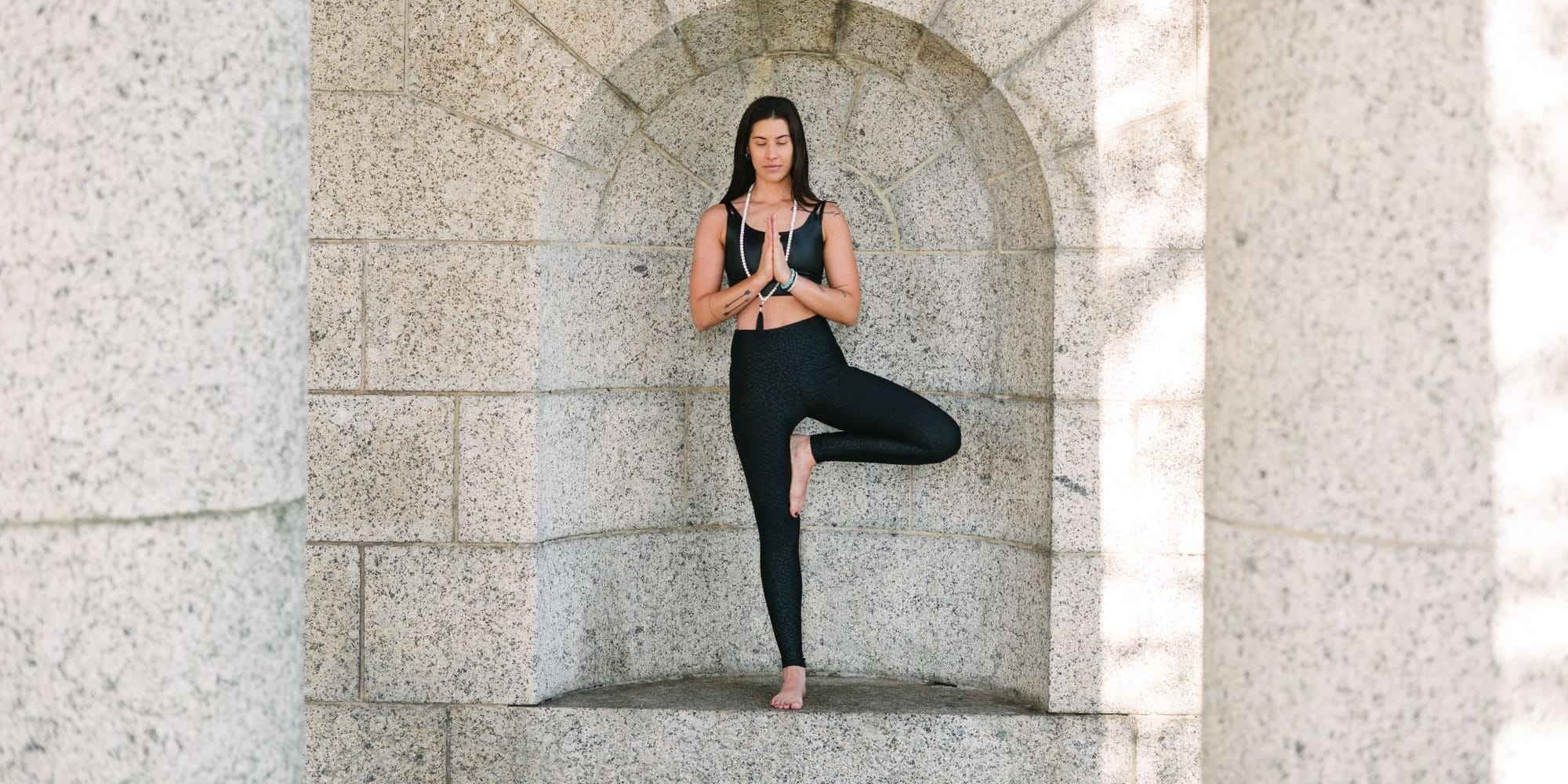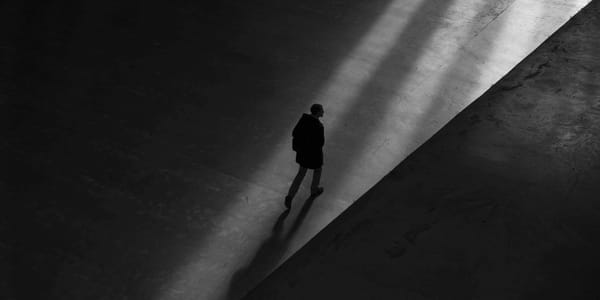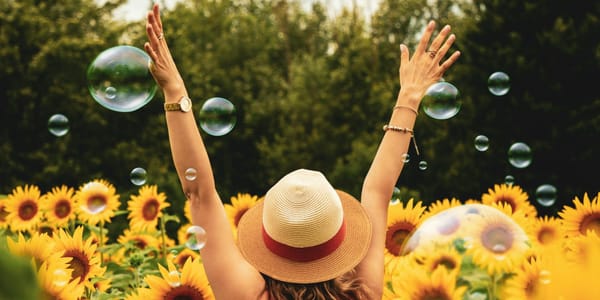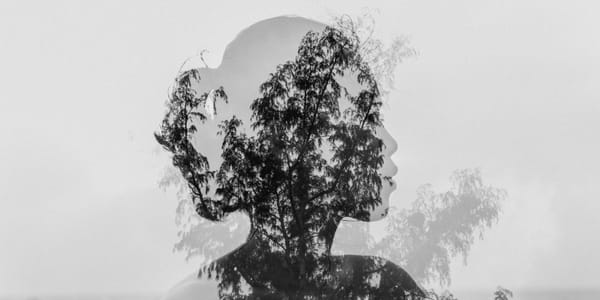As an extreme introvert, I have never been too deeply involved or attached to the outside world. I remember being a teenager and thinking, "Damn, I should go outside for a while so I won't be such a weirdo." So I put on a mask from time to time and usually partied with a lot of alcohol - it was a cycle of disappearing and loudly returning to social life. And somehow it worked out well - I had plenty of friends, even if they were only occasional party companions.
But when I permanently moved to a completely new city alone in my early 20s, I pushed it to the absolute extreme because the need to "go outside" under peer pressure disappeared. I became a total weirdo for a while - I lived like a hermit for a full year of complete solitude, working from home and spending 100% of my time alone, apart from essential activities like grocery shopping.
Nevertheless, after that year, despite living a perfectly healthy life - working out and meditating daily, eating healthy, doing some yoga, learning philosophy and spirituality, listening to wonderful speeches, reading books, contemplating, and living in absolute peace, I felt strange. Something wasn't right.
I didn't really have any balance in my life, but I locked myself in a cave - I deceived myself. I could take care of myself perfectly well, but only when I was alone. In this way, I mastered the internal element, but I bypassed the external one and, as a result, I could not take care of my life in a broader sense.
We can easily reverse this story and imagine a person who has mastered the external, e.g. social aspect of life, but has completely neglected the internal one, which leads to the same place - an imbalance in life.
Don't we all know the extrovert who is constantly on the move, always doing something, surrounded by people, whether they are family, friends, or relationships? Who was literally never alone in life? We probably know someone like this because it is more common or rather more visible. It's hard to notice an extreme introvert but hard not to notice an extreme extrovert. Either way, both extremes, even if mastered, do not create balance but ultimately break us.
Jiddu Krishnamurti once wisely said: “The greater the outward show, the greater the inward poverty” - the great show is often a form of escapism from unpleasant reality, internal dramas, and so on. But it works both ways. Yes, I know many writers - great intellectuals, philosophers, or even spiritual people who are deeply lost in life despite their great inner development.
There is a wonderful saying in Zen: “Before enlightenment, chop wood, carry water. After enlightenment, chop wood, carry water.” The saying indicates that even after a phenomenon like enlightenment we don't disappear from this world, but still have our work to do - life continues. Therefore, until we decide to abandon our entire life and move to some monastery, we cannot sit, meditate and do nothing in life, because life goes on.
Albert Einstein once said: “Life is like riding a bicycle. To keep your balance, you must keep moving.” Therefore we should develop the inner world, but don't ignore our outer responsibilities. In this way, the lack of outward show, and especially neglecting its value, by saying, e.g.: "It all doesn't matter, people are sleeping and I don't want to participate in this" is harmful and leads to losing balance in life.
There is nothing wrong with living and trying various things in the physical world, even when we are highly spiritual. And even if it's a great show. The only question is if we have set a proper foundation - if it's conscious, not compulsive behavior. Or if we do it because we want it or if we secretly want to deceive ourselves. But sadly many spiritual people see some pride in not getting involved at all, which is as much of escapism as it is for people too deeply involved in outer life.
When we see some behavior the thing that really matters is not the behavior itself but its function. That is to say, when we see a person, e.g., in a fancy and very, very loud sports car or motorbike, despite stereotypes, it doesn't instantly indicate that the person is too deeply involved in life, empty inside, trying to heal some inner drama with material goods. That's probably the case, but not definitely.
I see a great example in a phenomenal modern guru, Sadhguru, who often drives fancy and fast motorbikes out of pure joy. Also, he spends lots of time with people, performing as a guru on the biggest worldwide stages, shows, or podcasts - and what a show he puts on! But the show is not a reflection of his inner poverty. He remains untouched by all these events and joyful inside doing what he has to do wherever he is, living in the present moment.
And this is the best way to live - to let life unfold on its own and play with whatever happens at the moment. There will be times when we can be more spiritual and times when we should get involved and play. But in both cases, we shouldn't completely neglect the other element or we lose our balance. And especially when it comes to outward events - we should create a strong inner foundation to never lose our integrity no matter how great is our show outside.
Ultimately, balance is only possible when we take care of both the inside and the outside - one aspect may dominate slightly, but we should take care of both.







